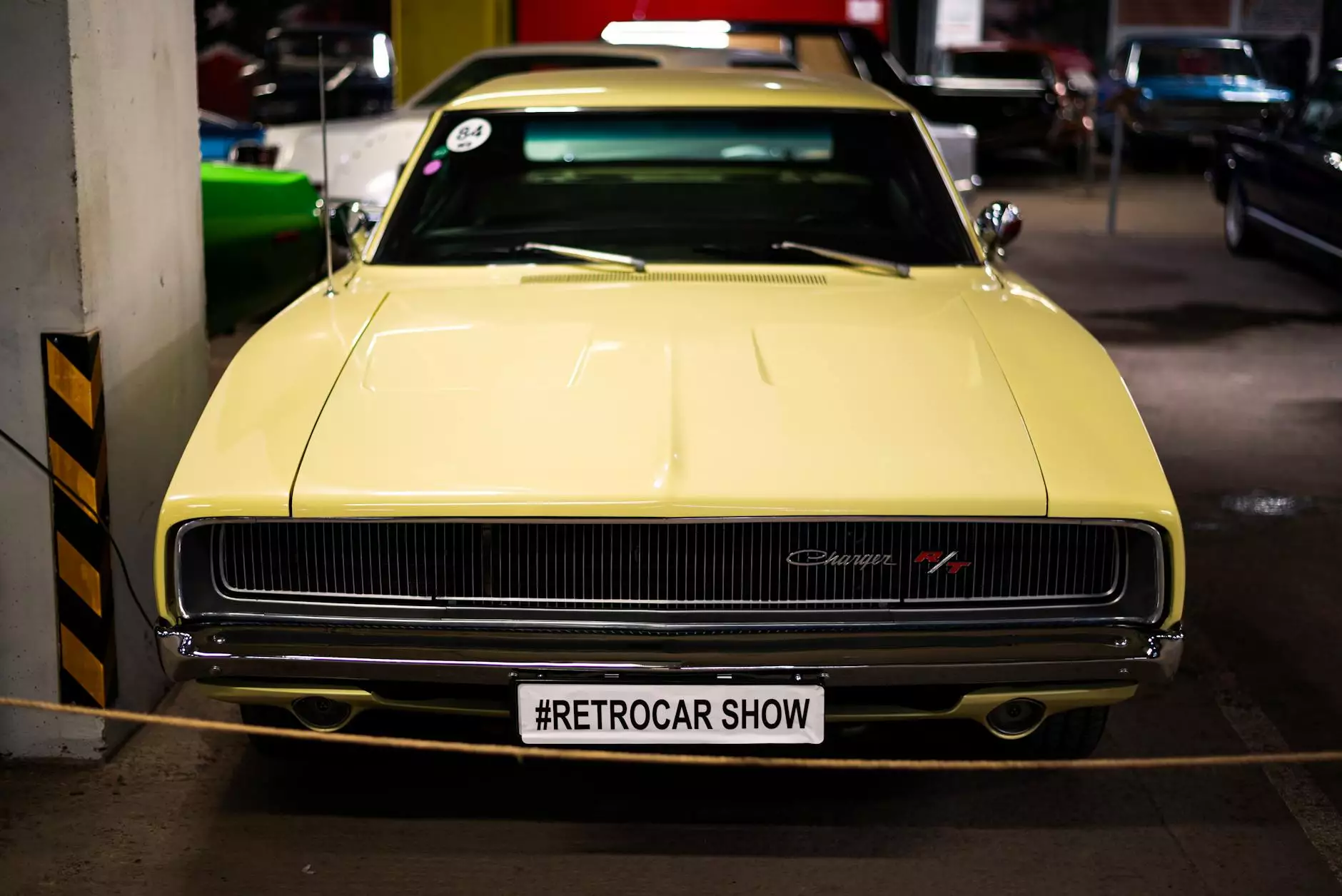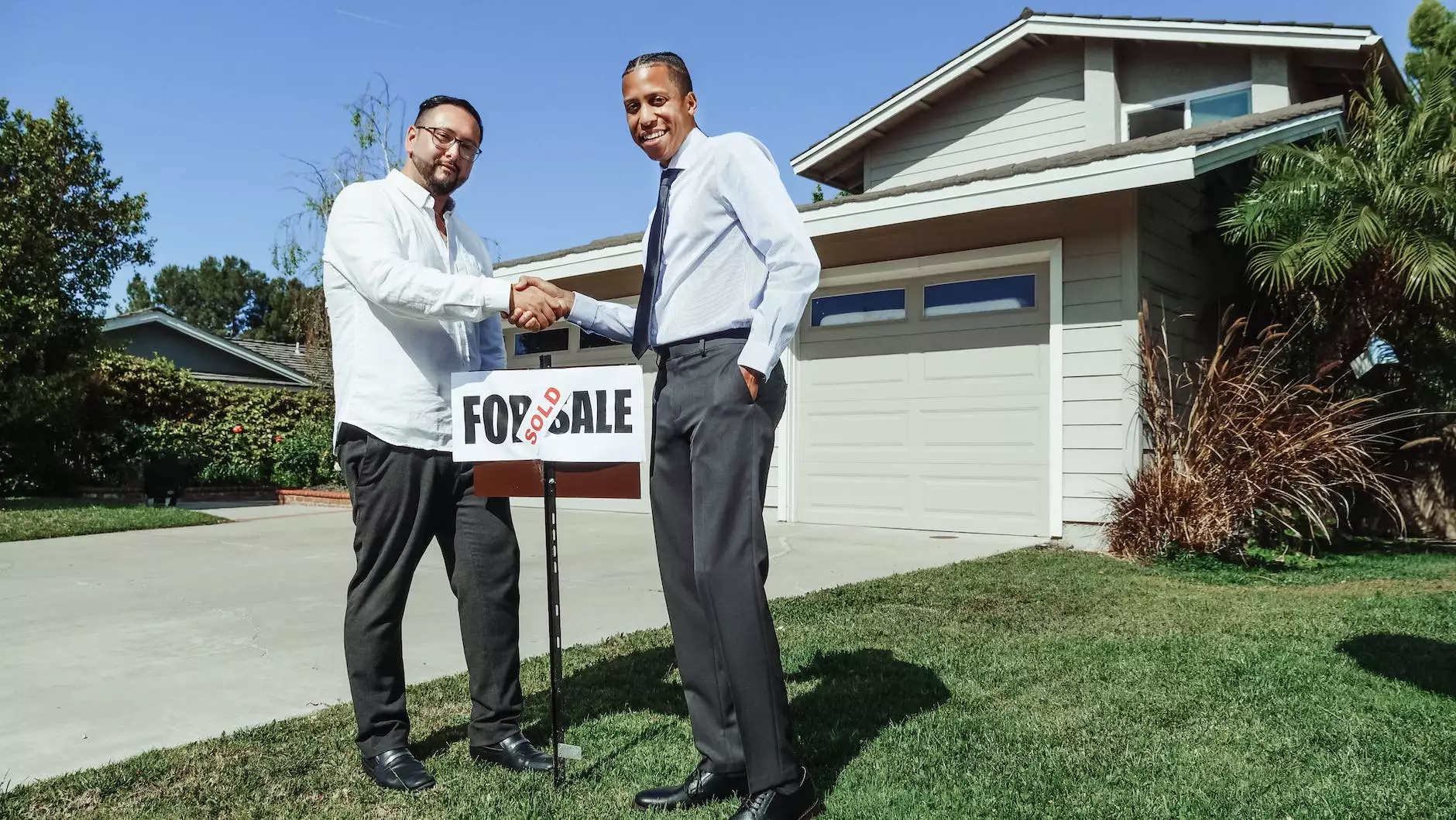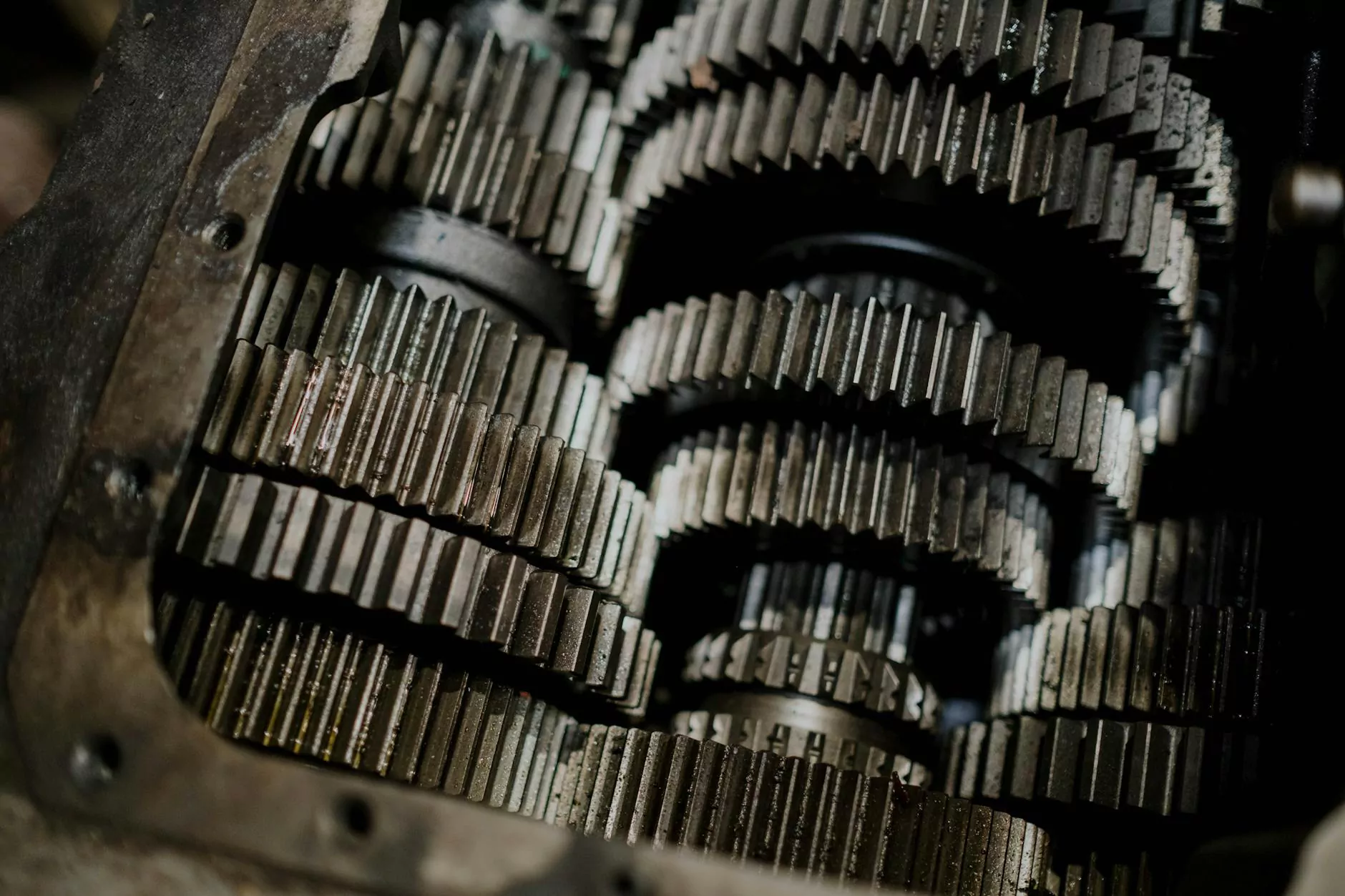Understanding Tesla Charger Costs: An In-depth Analysis

Tesla chargers are not just a means to power up your electric vehicle; they are essential infrastructure for enhancing your driving experience. As the electric vehicle (EV) market continues to grow, understanding the costs associated with Tesla chargers becomes increasingly important for both current and prospective Tesla owners. This comprehensive guide will dive deep into discussing Tesla charger costs, helping you navigate the various aspects, including types of chargers, installation fees, maintenance, and the long-term benefits that come from this investment.
Types of Tesla Chargers
Before delving into costs, it's vital to understand the different types of Tesla chargers available. This knowledge can greatly inform your purchasing decision and help you assess potential expenses.
1. Tesla Wall Connector
The Tesla Wall Connector is designed for home charging. Its advantages include:
- Higher charging speeds compared to standard outlets.
- Ability to charge multiple vehicles if you have them.
- Smart technology that allows you to customize settings and monitor usage.
The cost of a Tesla Wall Connector typically ranges from $500 to $700 before installation. However, consider that purchasing this charger is just the first part of the equation.
2. Public Superchargers
Public Superchargers are strategically placed charging points designed to provide quick charging solutions on long road trips. The costs associated with using a Tesla Supercharger vary based on location and electricity tariffs, typically ranging from $0.24 to $0.42 per kWh.
Charging at Superchargers can significantly save time, often charging your Tesla in 30 minutes or less, making them ideal for travelers.
3. Destination Chargers
Many hotels, restaurants, and shopping centers offer Destination Chargers that Teslas can use. These chargers often provide complimentary charging, making them a great option for overnight stays or while you shop or dine.
Installation Costs
After choosing the type of Tesla charger you want, the next major cost to consider is installation. The installation costs can vary greatly depending on your home's electrical setup and the specific charger you choose.
Factors Affecting Installation Costs
- Electrical Capacity: If your home's electrical system cannot support a high-powered charger, you may need to upgrade your system, which can increase costs.
- Distance from Power Supply: The closer the charger is to your home’s power supply, the cheaper the installation. Longer distances can require additional wiring and labor.
- Permits and Inspections: Depending on local regulations, you may need permits, which add to the overall expense.
- Contractor Rates: Labor costs can vary significantly based on the contractor's experience and the geographical area.
On average, installation can range from $300 to $2,000, making it essential to get multiple quotes from licensed electricians to ensure that you receive a competitive price.
Long-term Savings and Benefits
While the initial Tesla charger costs may seem high, there are numerous long-term benefits that can offset these expenses and make it a worthwhile investment.
1. Reduced Fuel Costs
Electric vehicles typically offer significantly lower operating costs compared to gasoline-powered cars. Consider these statistics:
- Charge your Tesla at home during off-peak hours can cost you as little as 2 to 4 cents per mile, compared to roughly 10 to 15 cents per mile for gas vehicles.
- Government incentives and rebates for electric vehicle owners can further decrease the net cost of ownership.
2. Maintenance Savings
Electric vehicles have fewer moving parts than traditional vehicles, which often translates to lower maintenance costs. You won’t need oil changes or frequent brake replacements, thanks to regenerative braking. This can lead to substantial savings over the vehicle's lifetime.
3. Home Value Increase
Installing a home charger can enhance the value of your property, especially as more buyers look for homes equipped with EV charging infrastructure. This modernization could make your home more appealing on the real estate market.
Is a Tesla Charger a Worthwhile Investment?
Ultimately, investing in a Tesla charger is not just about the immediate expenses. Instead, consider it a long-term investment in both financial savings and convenience.
With the growing popularity of electric vehicles, accessibility to charging facilities will likely become a critical factor for many potential car buyers. By having a dedicated charger at your home, you are positioning yourself ahead of the curve in the automotive market.
Financial Incentives for Tesla Chargers
Many governments and local authorities provide financial incentives for installing Tesla chargers. Below are examples of opportunities you might take advantage of:
- Federal Tax Credits: In the United States, you might qualify for a tax credit that can significantly reduce the cost of purchasing and installing a home charging station.
- State Rebates: Many states offer rebates for installing EV chargers, which can also help mitigate the costs.
- Utility Incentives: Some utility companies offer discounted rates for EV charging or rebates for purchasing equipment.
Conclusion
Tesla charger costs may indeed be a consideration for many potential electric vehicle owners, but the long-term benefits are immense. The transition to electric driving not only supports a sustainable future but enriches the ownership experience through lower operational costs and convenience. With the right research and planning, investing in a Tesla charger can prove to be one of the best financial decisions you make in your journey towards sustainable driving.
For further insights into electric vehicles and related products, visit Cyber Quad Shop, your go-to source for premium motorcycle gear, mountain biking essentials, and quality bikes.









